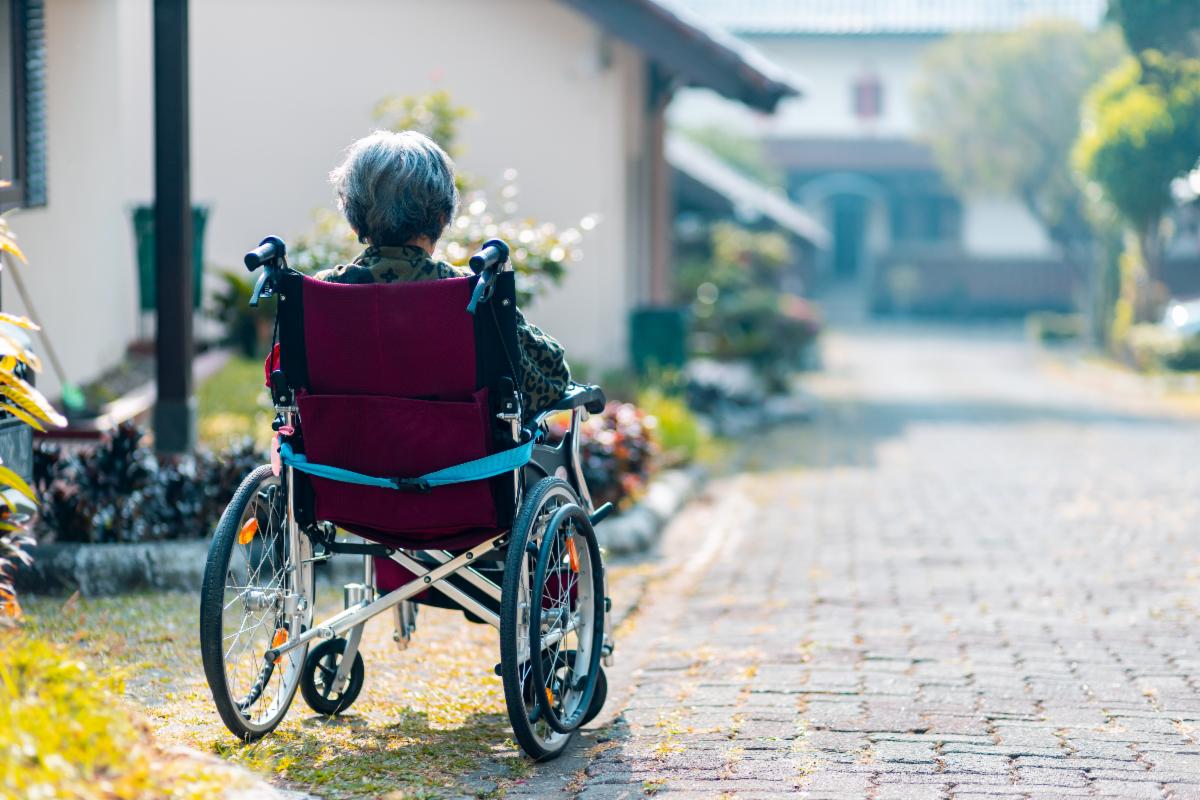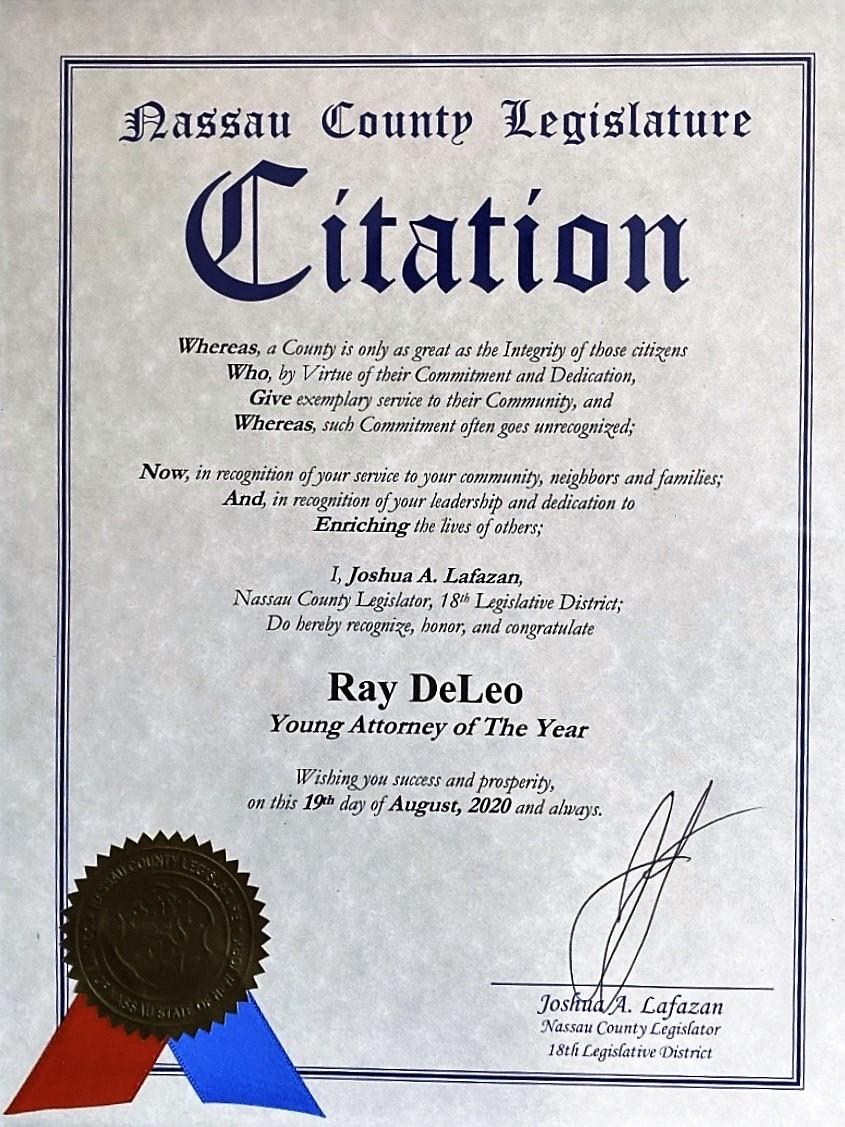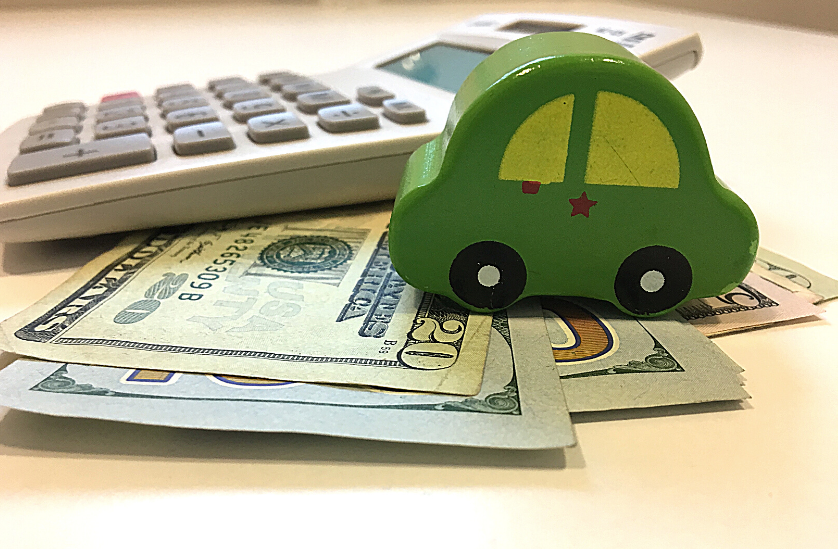
Law Services and Nursing Home Ombudsmen Work Together to Support Residents Right to be “Home”
September 9, 2020
Law Services Updates – Fall 2020
September 9, 2020
On Long Island safe reliable transportation may be even more important to low-income families than housing, especially as COVID has disrupted public transportation. Yet, owning a car may make a low-income family ineligible for public benefits. Thanks to recent changes in OTDA regulations, families with financed cars may no longer be turned away when they apply for assistance. This new policy is particularly important for families who may be experiencing poverty for the first time as a result of COVID.
Households are not eligible for ongoing public or temporary assistance unless the family’s available resources are below $2,000, or $3,000 for households that include a person over 60 years of age. New OTDA regulations prompted by the Stewart v. Roberts litigation require local Departments of Social Services (DSS) to consider the equity in a car, rather than just its market value, in calculating resources and determining eligibility for benefits.
When it calculates resources, DSS exempts $12,000 from the fair market value of a family’s first vehicle. DSS applies the family’s full equity in any additional vehicles towards the resource limit. However, prior to the Stewart litigation, DSS did not consider whether the family actually had any equity in their first car in determining whether it should be considered an available “resource.”
The petitioner in Stewart challenged DSS’s determination that she was ineligible for assistance and the legality of these rules. When the local district calculated Stewart’s resources, the outstanding balance of her car loan was $13,301 and exceeded the car’s fair market value. She had no equity in the car, but the local district determined that it was an available resource that put her over the resource limits.
The Court found in Stewart’s favor and directed OTDA to issue a directive advising local districts that an automobile in which the household has minimal or no equity is not an available resource. “Minimal equity” means that the equity value of the vehicle and the household’s other resources are less than the $2,000/$3,000 resource limit.
As a result of the litigation, OTDA recently issued a new directive [20 ADM-08] which states that retroactive to May 11, 2020, whenever the fair market value of the first vehicle exceeds the $12,000 limit, DSS must evaluate the family’s equity in the car. Therefore, a household that financed a $15,000 car, but only has $1500 equity in that vehicle is now eligible for assistance in both Nassau and Suffolk counties.




